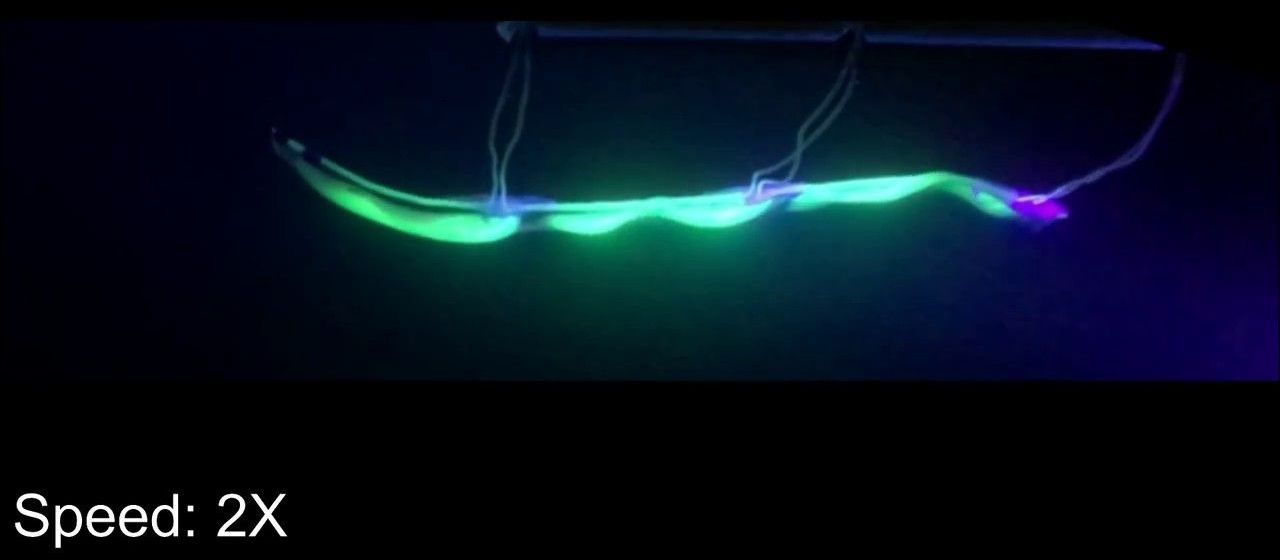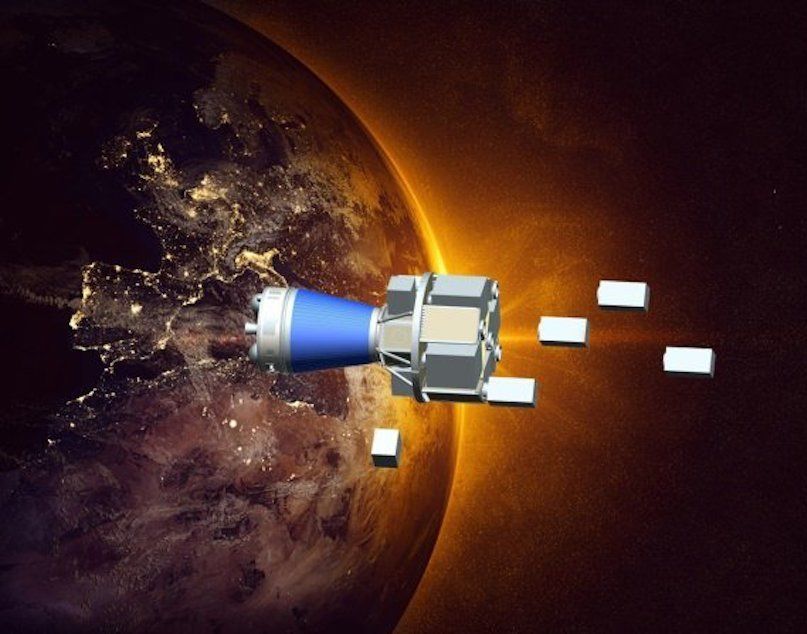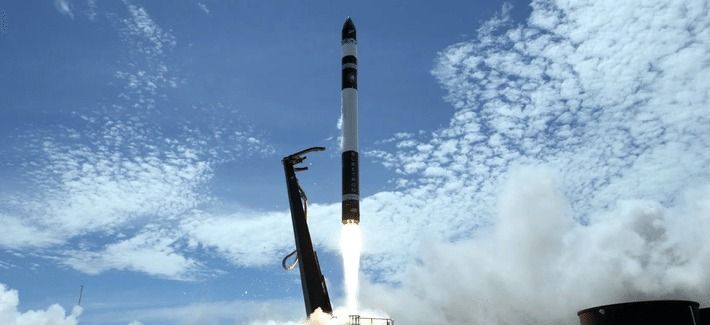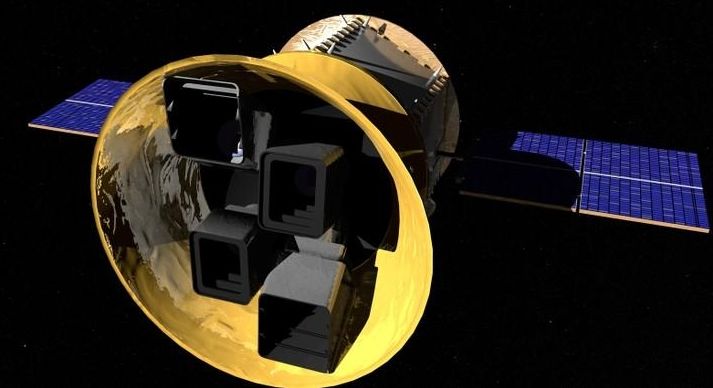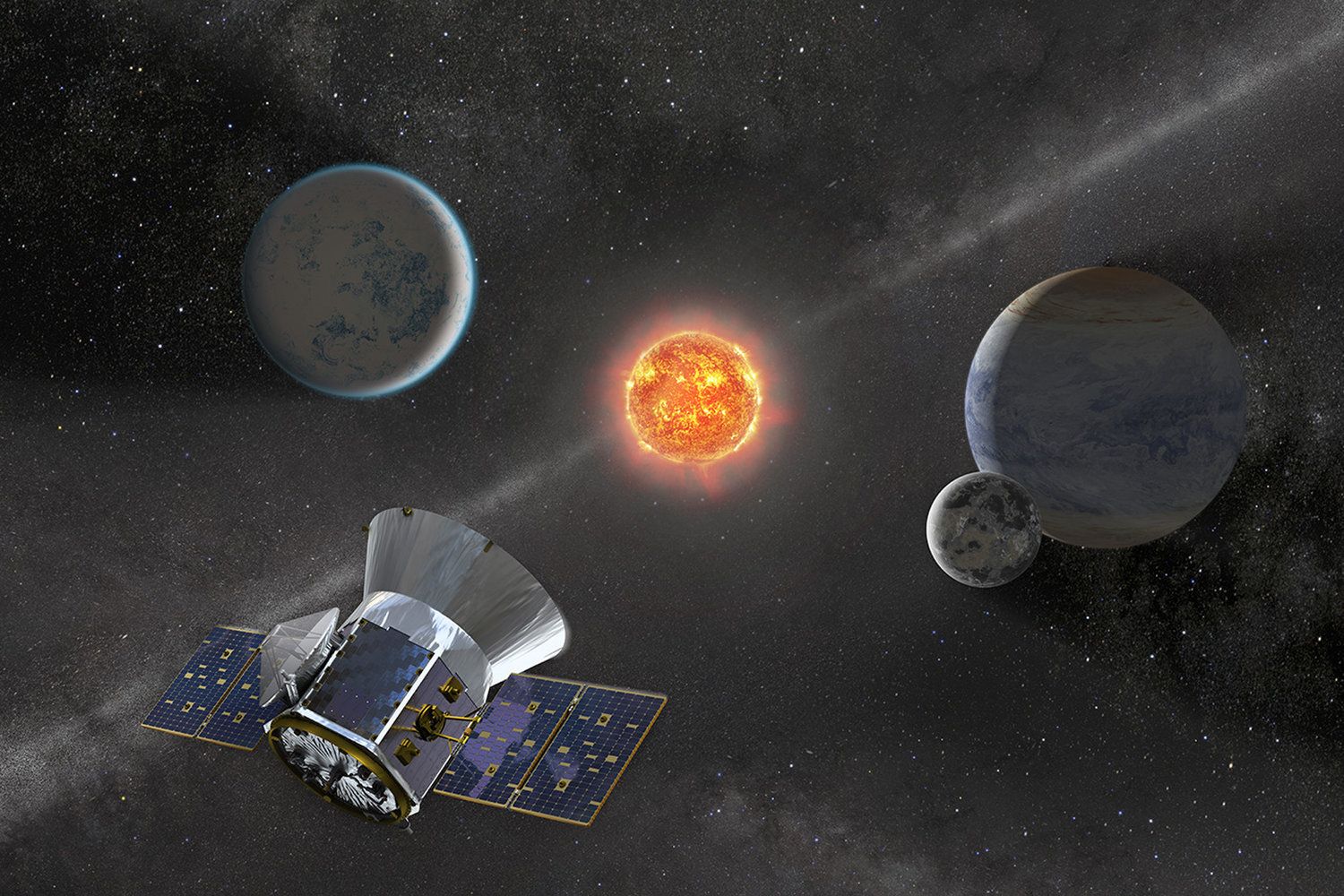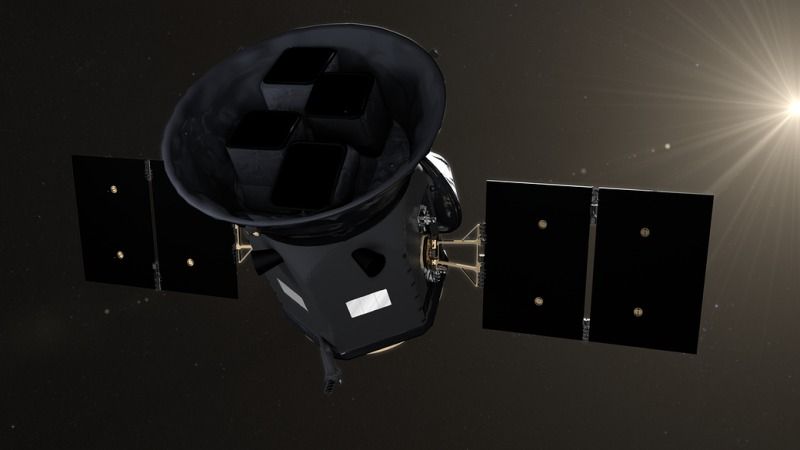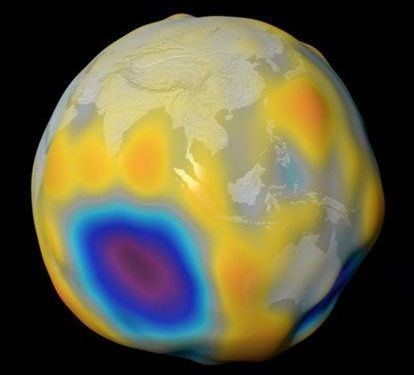May 1, 2018
Swarm may have to answer for launching satellites without US permission
Posted by Genevieve Klien in categories: finance, government, satellites
What happens if you launch satellites into space without government permission, but with government funding?
We may find out soon, according to the Federal Communications Commission, which regulates satellite operations by US citizens and companies. It has completed an inquiry into the January launch of four small satellites built by a start-up called Swarm Technologies, and has referred the case to its enforcement bureau, according to a spokesperson.
The FCC, which does not comment on potential enforcement actions, can propose financial penalties and ban companies and individuals from operating satellites. Swarm’s CEO, Sara Spangelo, did not respond to a request for comment.
Continue reading “Swarm may have to answer for launching satellites without US permission” »

